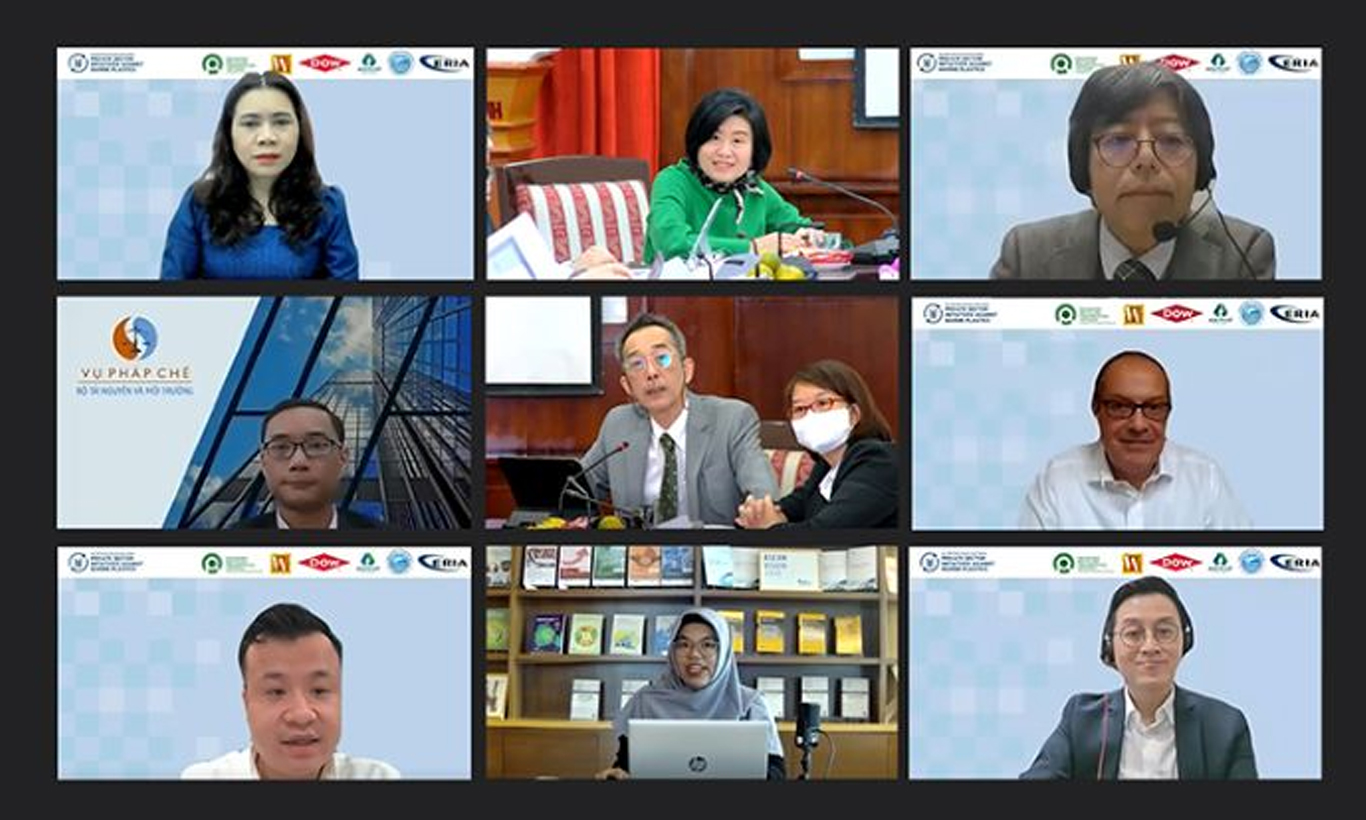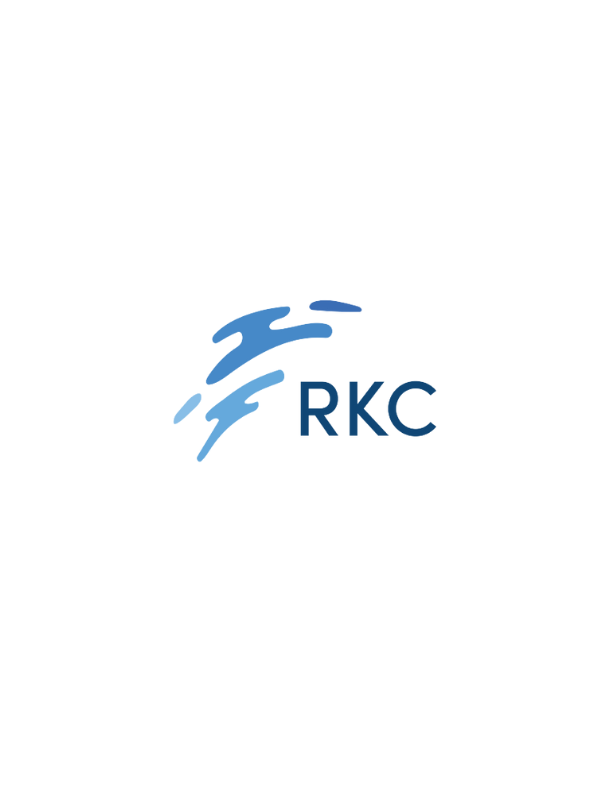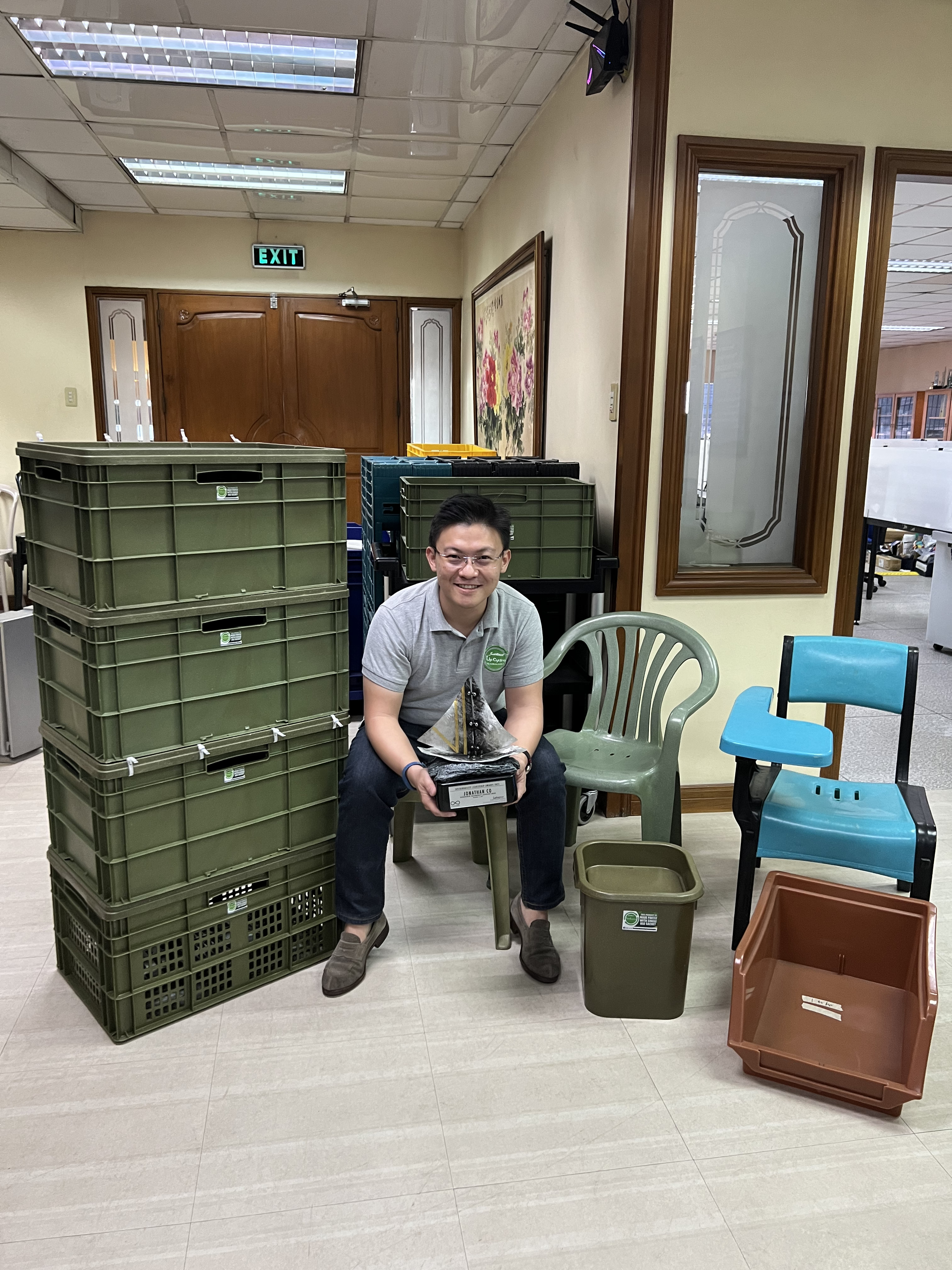

1 April 2022: ERIA and the Viet Nam Administration of Seas and Islands (VASI) of the Ministry of Natural Resources and Environment (MONRE) of Viet Nam co-organised a webinar discussing the ways private companies can contribute to combatting plastic waste and marine plastic debris, in particular taking into consideration Viet Nam's new extended producer responsibility (EPR) scheme.
Representatives from MONRE, a Viet Nam business alliance, private companies, and international businesses operating there, gathered to stocktake the progress made, and share innovative approaches to support effective EPR implementation in the country.
Mr Michikazu Kojima, ERIA Senior Advisor, in his opening remarks acknowledged the private sector as one of the main stakeholders to carry out the EPR scheme mandated in the revised Law on Environmental Protection 2020 of Viet Nam. Ms Pham Thu Hang, VASI Deputy Director-General, reiterated that the EPR scheme had finally come into force in 2022 after several years of preparation.
‘Through the event, I hope some lessons learned could be utilised as useful input to further encourage stakeholders to join hands against the pressing plastic issue,’ she said.
Mr Nguyen Thi, Principal Official of the Department of Legal Affairs of MONRE, said that under the newly-implemented EPR scheme, the private sector is responsible for engaging in recycling or making a financial contribution. Packaging (including plastic packaging) had also been added to the five items previously listed for mandatory recycling – batteries, lubricants, tyres, electrical products, and transport vessels.
‘Going forward, it is necessary to implement source segregation, apply a weight-based fee, promote public private partnership schemes, formulate a regional plan and guidance for waste treatment, and encourage active participation from all stakeholders,’ he said.
Also read: Mr Nguyen Thi’s presentation
The Challenges and Homework of EPR Implementation
Mr Long Nguyen, Deputy Chief Executive Officer of An Phat Holdings, spoke of the challenges of EPR implementation in Viet Nam, including lack of proper facilities, the unclear and overlapping roles of stakeholders, lack of data and fee transparency, and market competition. To address some of the challenges, An Phat Holdings is endorsing its certified marine biodegradable straws, fishing nets and gear, home compostable shopping bags, cutlery, and others.
‘One of the relevant ongoing projects is to develop a manufacturing plant of compostable resin, with capacity of 30,000 tons/year, in Hai Phong, expected to be launched in 2024,’ he said.
Also read: Mr Long Nguyen’s presentation
Mr Ekkasit Lakkananithiphan, President of Dow Viet Nam, outlined Dow Viet Nam’s commitment to deliver the best in-class circular economy solutions, through cooperation with Fuenix Ecology to supply a new feedstock from recycled plastic to produce new polymers.
‘Cooperation with Kellogg aims to develop the very first fully-recyclable stand-up pouch for food packaging with 100% recyclability,’ he said.
Also read: Mr Ekkasit Lakkananithiphan’s Presentation
Mr Hideki Wada, Director of the Viet Nam Waste Planning Company, cited the industrial sector's participation in solid waste management and recycling in Viet Nam. Under the EPR scheme, the industrial sector is obliged to collect and recycle its post-consumer waste, even those generated by households. Some industries have experienced the advantages of managing such domestic waste, and this can be applied to plastic waste management.
‘The steel industry is famous for its high technology capacity to recycle plastic waste by using their existing blast furnaces. While chemical industries like Dow gain advantage by utilising highly advanced recycling technology,’ he said.
Also read: Mr Hideki Wada’s presentation
Mr Fausto Tazzi, Vice President of the Viet Nam Packaging Recycling Alliance (PRO Viet Nam), made concrete recommendations for effective and efficient EPR implementation in Viet Nam.
‘It is important to leverage technical know-how to adapt to local reality, ensure a level playing field by ensuring the principle of fairness among private companies, and be patient and acknowledge that it may take some time for the system to develop,’ he said.
Also read: Mr Fausto Tazzi’s presentation
Mr Hideki Wada, when asked about the source segregation system in Viet Nam, said the country requires more discussion on the management of waste bin/waste containers to encourage waste separation at source. Mr Nguyen Thi from MONRE added that Viet Nam should develop markets for recycled products to promote recycling, and MONRE has proposed the Ministry of Industry and Trade issue technical standards on recycled plastics and guidance for sustainable plastic use. This will enable economic development and environmental protection.
1 April 2022: ERIA and the Viet Nam Administration of Seas and Islands (VASI) of the Ministry of Natural Resources and Environment (MONRE) of Viet Nam co-organised a webinar discussing the ways private companies can contribute to combatting plastic waste and marine plastic debris, in particular taking into consideration Viet Nam's new extended producer responsibility (EPR) scheme.
Representatives from MONRE, a Viet Nam business alliance, private companies, and international businesses operating there, gathered to stocktake the progress made, and share innovative approaches to support effective EPR implementation in the country.
Mr Michikazu Kojima, ERIA Senior Advisor, in his opening remarks acknowledged the private sector as one of the main stakeholders to carry out the EPR scheme mandated in the revised Law on Environmental Protection 2020 of Viet Nam. Ms Pham Thu Hang, VASI Deputy Director-General, reiterated that the EPR scheme had finally come into force in 2022 after several years of preparation.
‘Through the event, I hope some lessons learned could be utilised as useful input to further encourage stakeholders to join hands against the pressing plastic issue,’ she said.
Mr Nguyen Thi, Principal Official of the Department of Legal Affairs of MONRE, said that under the newly-implemented EPR scheme, the private sector is responsible for engaging in recycling or making a financial contribution. Packaging (including plastic packaging) had also been added to the five items previously listed for mandatory recycling – batteries, lubricants, tyres, electrical products, and transport vessels.
‘Going forward, it is necessary to implement source segregation, apply a weight-based fee, promote public private partnership schemes, formulate a regional plan and guidance for waste treatment, and encourage active participation from all stakeholders,’ he said.
Also read: Mr Nguyen Thi’s presentation
The Challenges and Homework of EPR Implementation
Mr Long Nguyen, Deputy Chief Executive Officer of An Phat Holdings, spoke of the challenges of EPR implementation in Viet Nam, including lack of proper facilities, the unclear and overlapping roles of stakeholders, lack of data and fee transparency, and market competition. To address some of the challenges, An Phat Holdings is endorsing its certified marine biodegradable straws, fishing nets and gear, home compostable shopping bags, cutlery, and others.
‘One of the relevant ongoing projects is to develop a manufacturing plant of compostable resin, with capacity of 30,000 tons/year, in Hai Phong, expected to be launched in 2024,’ he said.
Also read: Mr Long Nguyen’s presentation
Mr Ekkasit Lakkananithiphan, President of Dow Viet Nam, outlined Dow Viet Nam’s commitment to deliver the best in-class circular economy solutions, through cooperation with Fuenix Ecology to supply a new feedstock from recycled plastic to produce new polymers.
‘Cooperation with Kellogg aims to develop the very first fully-recyclable stand-up pouch for food packaging with 100% recyclability,’ he said.
Also read: Mr Ekkasit Lakkananithiphan’s Presentation
Mr Hideki Wada, Director of the Viet Nam Waste Planning Company, cited the industrial sector's participation in solid waste management and recycling in Viet Nam. Under the EPR scheme, the industrial sector is obliged to collect and recycle its post-consumer waste, even those generated by households. Some industries have experienced the advantages of managing such domestic waste, and this can be applied to plastic waste management.
‘The steel industry is famous for its high technology capacity to recycle plastic waste by using their existing blast furnaces. While chemical industries like Dow gain advantage by utilising highly advanced recycling technology,’ he said.
Also read: Mr Hideki Wada’s presentation
Mr Fausto Tazzi, Vice President of the Viet Nam Packaging Recycling Alliance (PRO Viet Nam), made concrete recommendations for effective and efficient EPR implementation in Viet Nam.
‘It is important to leverage technical know-how to adapt to local reality, ensure a level playing field by ensuring the principle of fairness among private companies, and be patient and acknowledge that it may take some time for the system to develop,’ he said.
Also read: Mr Fausto Tazzi’s presentation
Mr Hideki Wada, when asked about the source segregation system in Viet Nam, said the country requires more discussion on the management of waste bin/waste containers to encourage waste separation at source. Mr Nguyen Thi from MONRE added that Viet Nam should develop markets for recycled products to promote recycling, and MONRE has proposed the Ministry of Industry and Trade issue technical standards on recycled plastics and guidance for sustainable plastic use. This will enable economic development and environmental protection.

Communication Desk


